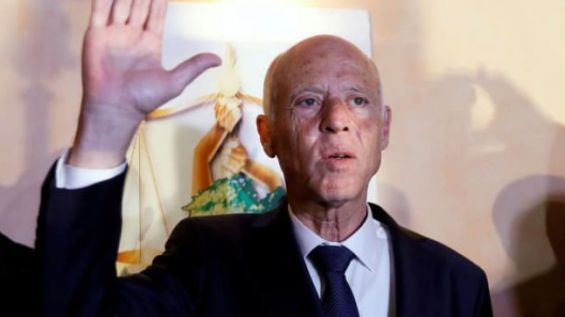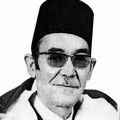On Sunday, former law professor Kais Saied secured 73% of votes in the run-off election. Saied won the presidential race, defeating businessman Nabil Karoui, who is arrested on charges of money laundering and tax fraud. In a country that has been struggling to overcome its post-Arab spring difficulties, the victory of Kais Saied is a reassuring step for Tunisians.
In the Maghreb, Tunisia’s presidential election has been as important as other political events in the region. The same thing goes for the new Tunisian president, who addressed in his presidential program issues related to neighboring countries, including the Western Sahara conflict and the situation of the Arab Maghreb Union (AMU).
In fact, as a presidential candidate, Kais Saied promised to «create a Maghreb committee to deal with the Western Sahara issue and resolve the Moroccan-Algerian conflict». Kais Saied’s initiative, however, neglects the fact that only the United Nations (UN) is entitled to find a political solution to the conflict, an opinion that is highly supported by the Kingdom of Morocco.
Tunisian politicians and their regional promises
In addition to Western Sahara, the newly elected president has other plans for the region. In his presidential program, he addressed the situation of the regional grouping AMU. Saied promised to «revive» the union, founded in 1989 in Marrakech.
Saied’s projects for the region, however, do not defer that much from the ones suggested by other Tunisian politicians. His rival Nabil Karoui has also promised, while campaigning as a candidate, to «restore the spirit of the Maghreb».
This promise was also part of the plan of Moncef Marzouki in 2012. The former Tunisian president had also tried, in vain, to organize an Arab Maghreb Union summit in Tunisia.
At the time, Marzouki had obtained the approval of Morocco, the agreement of Libya and the blessing of Mauritania, without being able to convince Algeria. Its president at the time, Abdelaziz Bouteflika, gave his «agreement in principle» before making a U-turn.





 chargement...
chargement...













